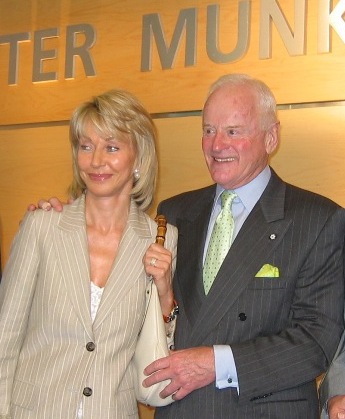
An edited version of this list was published in the February/March issue of the Canadian Mining Journal.
Four Americans Made the List!
A few months ago, my dear colleague Joe Martin, who is the Director of the Canadian Business & Financial History Initiative at Rotman and President Emeritus of Canada’s History Society, asked me a very simple question: who would be considered the most important individual in Canadian mining?
Considering Canada’s lengthy and exceptional expertise in the mineral sector, it was not an easy answer and I decided to research and create a top ten list of the most important mining men in Canadian history.
The lack of women on this list simply reflects the fact that for much of our history most women were not given the educational or social opportunities to excel in business, especially in a rough and male-dominated sector like mining. Times have changed, women are playing key roles in mining today and will definitely be included on this list in the future.
However, a few qualifiers need to be established. This is basically a list of mine builders not mine finders. Building a company through takeovers and discoveries is one way but I am also focusing on individuals who have built corporate empires and/or who have developed isolated regions of the country with the necessary infrastructure for mines to flourish and create multi-generational jobs, shareholder wealth and great economic impact.
























